What makes an excursion more than just a field trip?
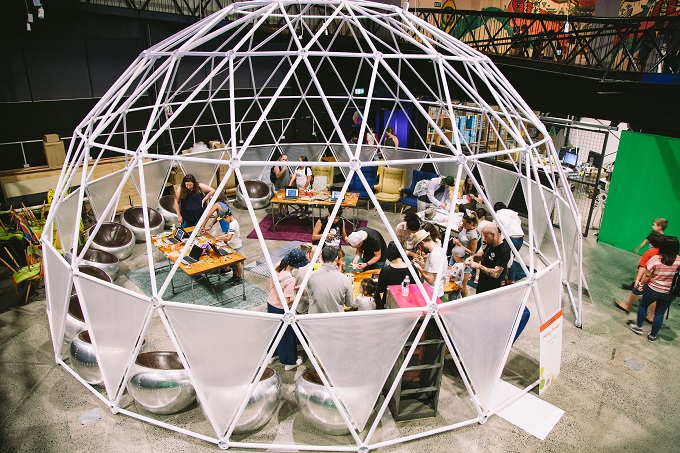
The good old-fashioned school field trip has a long history and the future looks bright.
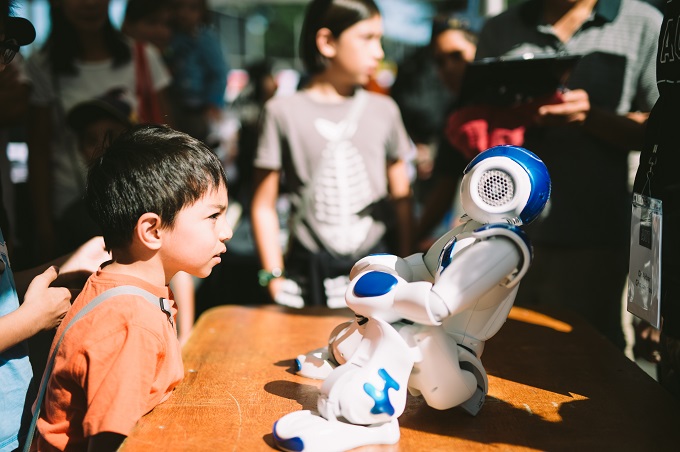
We can all remember the excitement of piling into buses with packed lunches (and sick bags) anticipating a fun visit to a science museum, theatre, zoo or historical site. Parents and teachers endured the expense and disruption of such excursions because they felt these experiences were an important contribution to the mission of producing fine, well rounded citizens!
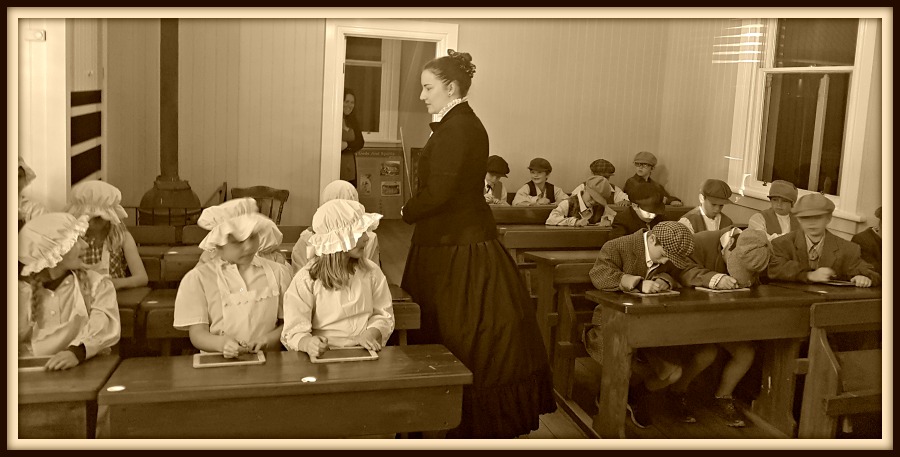
Sure enough, a huge range of educational research over the years has shown the importance of field trips in the all-round, solid education of ‘good eggs’. Why? Well, as popular belief would tell you, a good experiential learning voyage deepens understanding, improves outcomes and benefits children.
No-one has ever expressed this concept with more clarity than Benjamin Franklin: “Tell me and I forget, teach me and I may remember, involve me and I learn.”
More than all that, excursions are a learning tool to enhance the curriculum by allowing students to better grasp and retain concepts. Learning by doing. They also promote engagement levels, build confidence, teamwork and create connections.
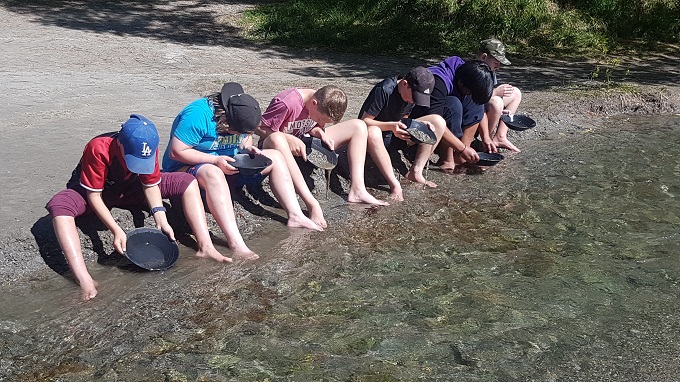
Furthermore, experiential learning has been shown to allow students to think differently, try new things and then try again to improve their skills – preparing students for real life challenges.
“Educating the mind without educating the heart is no education at all,” said Aristotle (quite astutely!).
Experiential learning influences both feelings and emotions as well as enhancing knowledge and skills. When you take learning experiences outside of the classroom you complement and enhance what students are studying within the school walls and allow them to connect what they have studied with the real thing and maybe capture their heart and imagination along the way.
Education Outside The Classroom (EOTC) refers to the curriculum-based teaching and learning activities that merge the external world with the academic one. The relationship between in-classroom learning and the EOTC experience is in line with the New Zealand Curriculum/Te Marautanga o Aotearoa guidelines that encourage schools to develop school curricula and related learning programmes that “reflect the learning needs of their students; build on their previous experiences; and, have meaning for their students because the learning relates to their lives”.
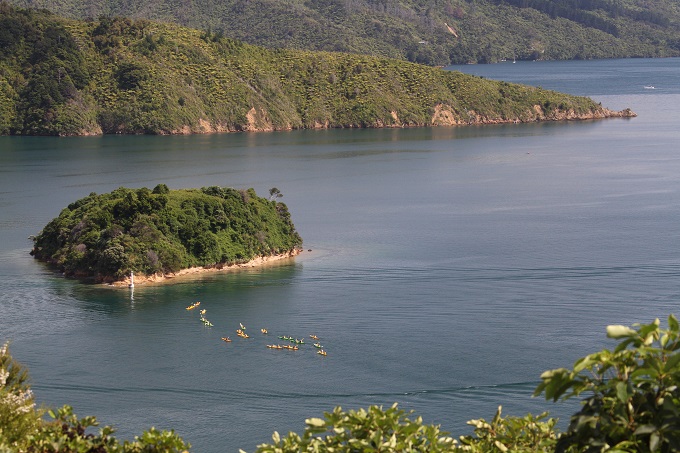
Above and beyond the actual subject and content of an EOTC experience, students also can demonstrate self-management and how they relate to others, as well as participating and contributing – all key competencies identified in the New Zealand Curriculum.
Some valuable EOTC experiences for your students…
STEAM: hands-on science education programmes such as behind-the-scenes workshops, lessons with scientists in the field or close encounters with incredible biodiversity, will fascinate and inspire learners of any age. Students studying pollution, infrastructure or waste and recycling in the classroom could expand their learning by visiting a local recycling plant.
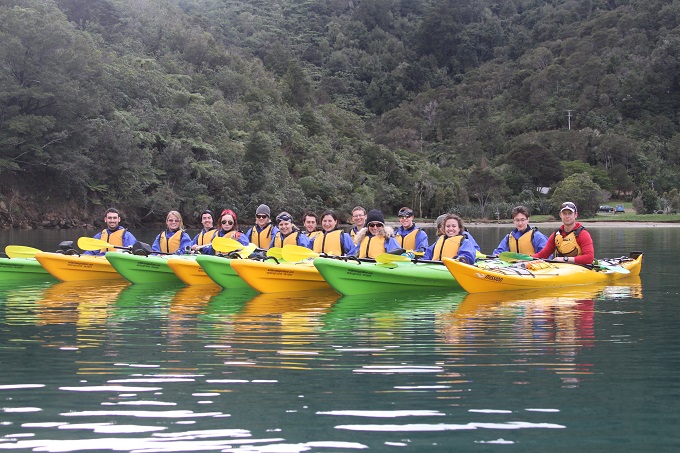
For a class studying the marine environment, a trip to the aquarium, a river or beach can bring expose them to the incredible flora and fauna they would otherwise only ever view on a page or a screen. Alternatively, students may return from a farm environmental centre immersed in a firsthand experience of milking cows reinforcing science and environmental curriculum concepts.
History lessons will never be the same again after participation in an interactive living history excursion such as one in historic Arrowtown; a historically preserved goldmining town where there are endless opportunities for active learning. Notably, the Lakes District Museum’s interactive education programme is designed to enrich and enhance the New Zealand Curriculum. These experiences truly teach historical empathy which is the ability to understand and appreciate what life was like for people who lived in a different time and place.
Adventure activities such as kayaking, rock climbing, learning to surf or any of the many outdoor activities that are both fun-filled and challenging can also build character, social skills, leadership abilities along with friendships and bags of confidence.
Cultural experiences that students can be immersed in to learn more about Māori culture and traditions on a marae (perhaps with an overnight stay) or experience the diversity of the different cultures of ever-expanding migrant communities in New Zealand, are also widely beneficial. Alternatively, an international program will give students a taste local cuisine, get to know the local residents, practice customs and broaden their world view.
Arts and drama: students always soak up theatre or music performances, movie set tours, art centres, many of which have specific school programmes, discounts and tours throughout New Zealand.
The country’s largest transport and technology museum of its kind, MOTAT offers fun and exciting learning experience for all students. The core vision is to “use New Zealand’s heritage, kiwi ingenuity, transport, technology and associated stories in a creative and interactive way to educate and inspire the innovators of tomorrow”.
Nature excursions can also be fun and adventurous, with students learning about volcanoes while visiting the Central Plateau, cruising on a boat while studying lakes and rivers, setting up a tent in the middle of the bush or trekking through the wilderness with guides.
Leadership and development excursions are designed specifically to promote students’ own leadership and growth and can be tailored and modified to support specific curriculum needs or the needs of a particular group of students.
For teachers…
The Ministry of Education’s ‘online knowledge basket’ Te Kete Ipurangi provides a wealth of information on EOTC for teachers, boards and principals, and for parents and whānau. This information includes advice, not only on EOTC options, but also on health and safety, and the important legislative guidelines that must be adhered to.
Professional development focusing on excursions will help teachers understand the necessity of preplanning, participation, and the need for student reflection when taking learning out of the classroom.
Informal learning may be a distraction to students who are not accustomed to non-classroom settings, so it is always important to develop a plan to suit all students with the ability to diversify if need be. When students understand the purpose of the experience through a pre-lesson, they go prepared and can build a foundation. After all is said and done, the aim is for students and teachers to enjoy learning on the go.


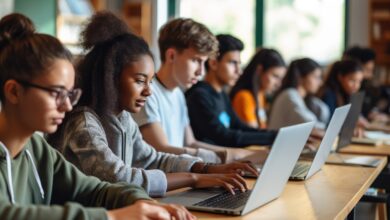

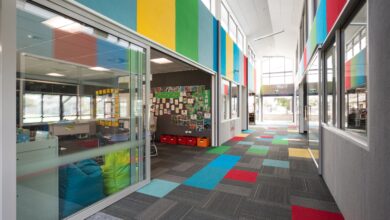

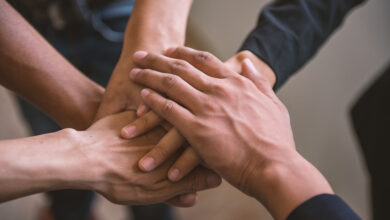

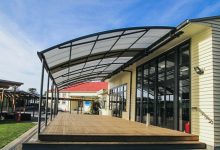
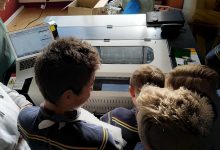
Funding such valuable learning experiences may become even more problematic if a school chooses to accept the Government’s $150 per student rather than continuing with “school fees”, as we won’t be able to ask parents to contribute to the costs.
For parents who stridently insist that “education should be free” – it never has been completely free, and never will be unless schools are funded at a much higher level. Trips and excursions need to be paid for, and my school budget certainly won’t stretch that far. In my experience as a teacher of over 25 years, the parents most likely to complain are the ones most able to afford to pay for trips, but who don’t want to “on principle”.
EOTC experiences provide such valuable, irreplaceable learning opportunities, and MUST be included in teaching and learning programmes.